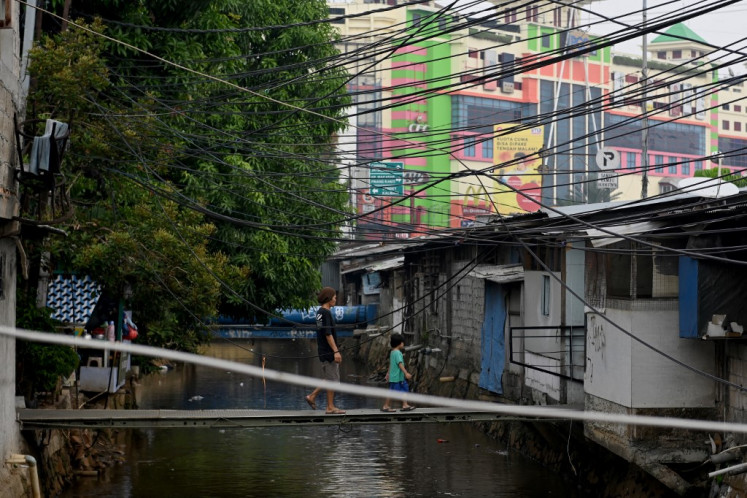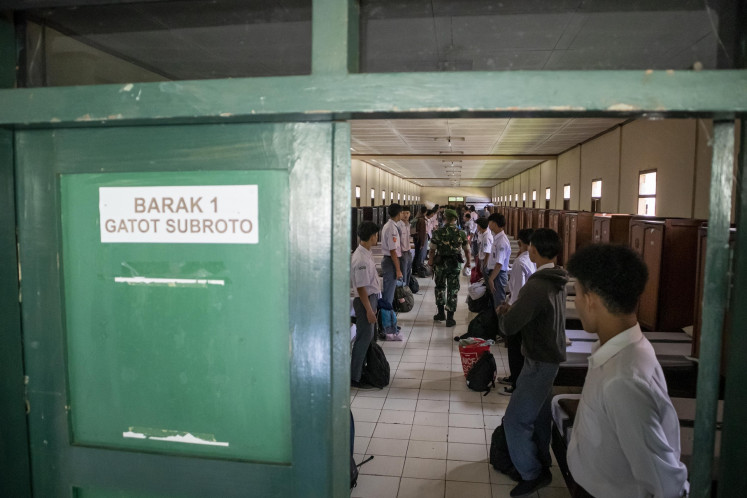Asian Liquidity Stress Index rises slightly in December: Moody's
Moody's Investors Service has said that its Asian Liquidity Stress Index (Asian LSI) rose to 20 percent in December from 19 percent in November
Change text size
Gift Premium Articles
to Anyone

M
oody's Investors Service has said that its Asian Liquidity Stress Index (Asian LSI) rose to 20 percent in December from 19 percent in November.
"The index, which decreases when speculative-grade liquidity appears to increase, has held in a tight 19.0 percent to 21.1 percent range since July, having declined gradually from its recent high of 29.1 percent, established 14 months ago in October 2012," Laura Acres, a Moody's senior vice president, said in an official release on Thursday.
"The month-on-month increase reflects a decrease of one company, to 115, in the high yield space and the addition of one company to a total of 23 with Moody's lowest or weakest speculative-grade liquidity score of SGL-4," said Acres.
Acres was speaking on the release of Moody's latest report on the index, entitled "Asian Liquidity Stress Index."
"The reading for December is well below the record high of 37 percent reached during fourth quarter of 2008 amid the global financial crisis and is now in line with the long-term rolling average for the Asian LSI," Acres said.
The liquidity sub-index for Chinese speculative-grade companies increased for a second consecutive month, to 22.2 percent from 20.3 percent in November, according to the report.
The number of high-yield Chinese companies decreased to 63 from 64 in November. Meanwhile, the number with an SGL-4 score increased to 14 in December from 13 in November.
China's high-yield property sub-index also rose to 21.1 percent from 18.4 percent in November, with eight of 38 companies in the sub-sector having SGL-4 scores.
The Indonesian sub-index was flat for a third month as the composition remained static with one company out of 26 has a SGL-4 score.
The Australian index, which does not factor into the Asian LSI, declined to 28.6 percent in December from 33.3 percent in November as the number of high-yield Australian companies decreased to 14 from 15. The number of Australian high-yield companies with a score of SGL-4 also declined to four from five in November.
Moody's had assigned speculative-grade ratings to 115 issuers in Asia, excluding Japan and Australia, covering US$61.7 billion of rated debt by the end of December, versus 116 issuers and $61.5 billion of rated debt in November.









